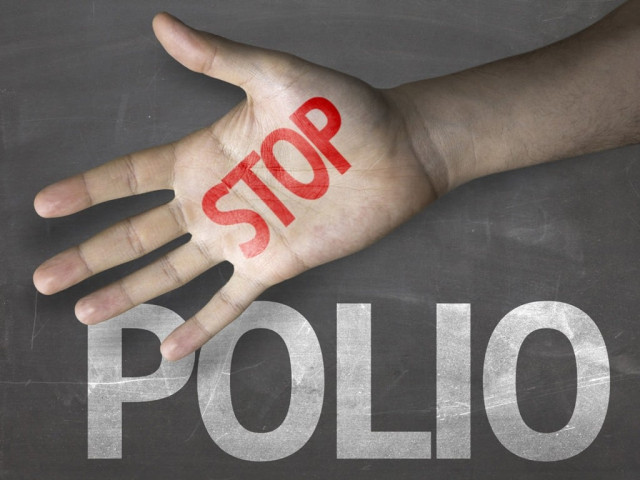Islamabad/Peshawar:
The regional reference laboratory for the eradication of polyomyelitis at the National Institute of Health (NIH) has confirmed three new cases of polyomyelitis, which increases the country’s account by 2025 to 17.
According to the laboratory, the new cases were detected in Takhtikhel (Lakki Marwat district) and Mir Ali (North Wazirist district) of Khyber-Pakhtunkhwa (KP), as well as Chajro in the Uumerkot district of Sindh.
Affected children include a 15 -month -old girl from Lakki Marwat, a six -month -old girl from the North Waziristan and a five -year -old boy from Uumerkot.
So far this year, 10 cases have been reported in KP, five in Sindh, and one in Punjab and Gilgit Baltistan.
Poly is a highly contagious and incurable disease that can cause life paralysis. The only reliable protection is through repeated doses of the polyomyelitis (OPV) vaccine for each child under five during each vaccination campaign.
Although significant progress has been achieved when eradicating the virus, the appearance of new cases highlights the continuous threat to children, particularly in regions with low vaccine acceptance.
A special vaccination campaign is currently being carried out in the Bordón Union Councils, synchronized with the Afghanistan subnational polio campaign. In addition, a fractional IPV-OV campaign began in the Chaman district on July 21, which will be implemented in six more Baluchistan districts from July 28.
Official sources in Peshawar said that of the 10 cases in KP, three have been reported from Bannu, two of Lakki Marwat and Waziristan del Norte, and one of the districts of Tank, Torghar and Dera Ismail Khan.
According to a report published in May 2025, there were 17,136 cases of rejection in Peshawar, the largest number of people who decrease to allow the administration of vaccines against polio to their children. Other areas include Mardan, 6,812 cases; Bannu, 10,781, Laaki Marwat, 976; Di Khan, 2,128; and Kohat, 1,009.
Shafiullah Khan, the Coordinator of the Emergency Operations Center (EOC) in KP, said the awareness campaigns through the media were playing a vital role, and the number of parents who reject vaccination had been decreasing significantly.
“Once there were thousands of rejections, now there are only a few areas left, and efforts are being made to address them too,” Khan said. He recognized the challenges in the fight against polyomyelitis, pointing out the lack of access to communication and ongoing security concerns in tribal districts as important concerns.
The government and associated organizations were actively working to eliminate the virus, but “due to the fragile safety situation in certain tribal regions, our campaigns often face obstacles,” Khan said. He emphasized the need for collective responsibility and joint efforts to eliminate polyomyelitis.




